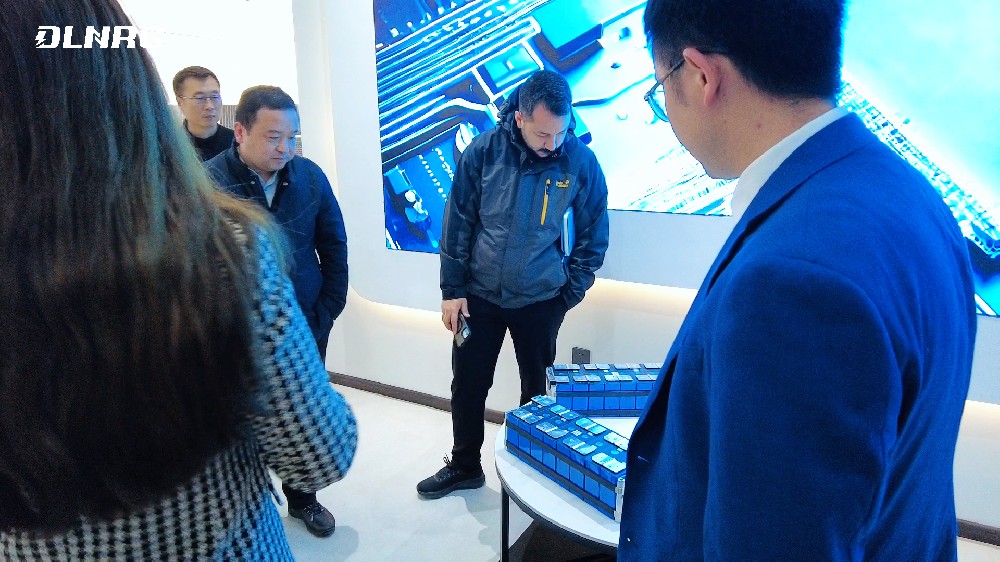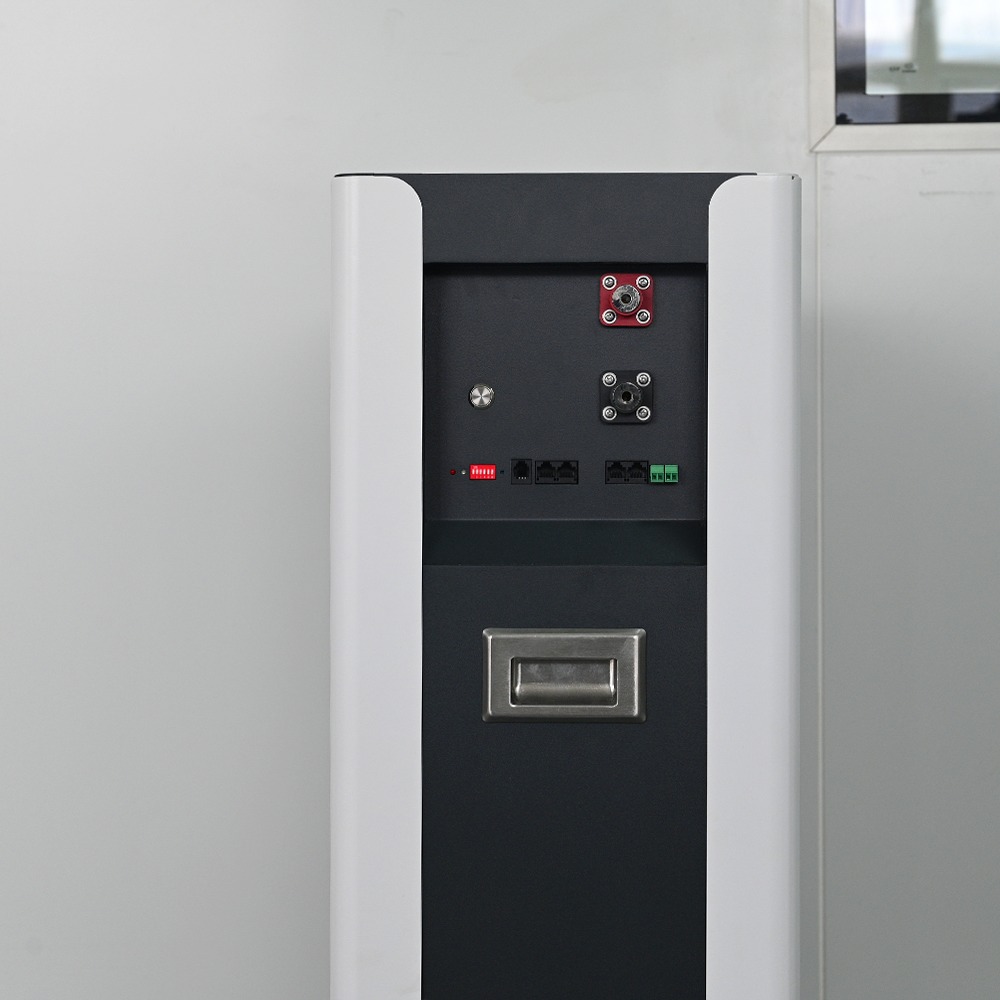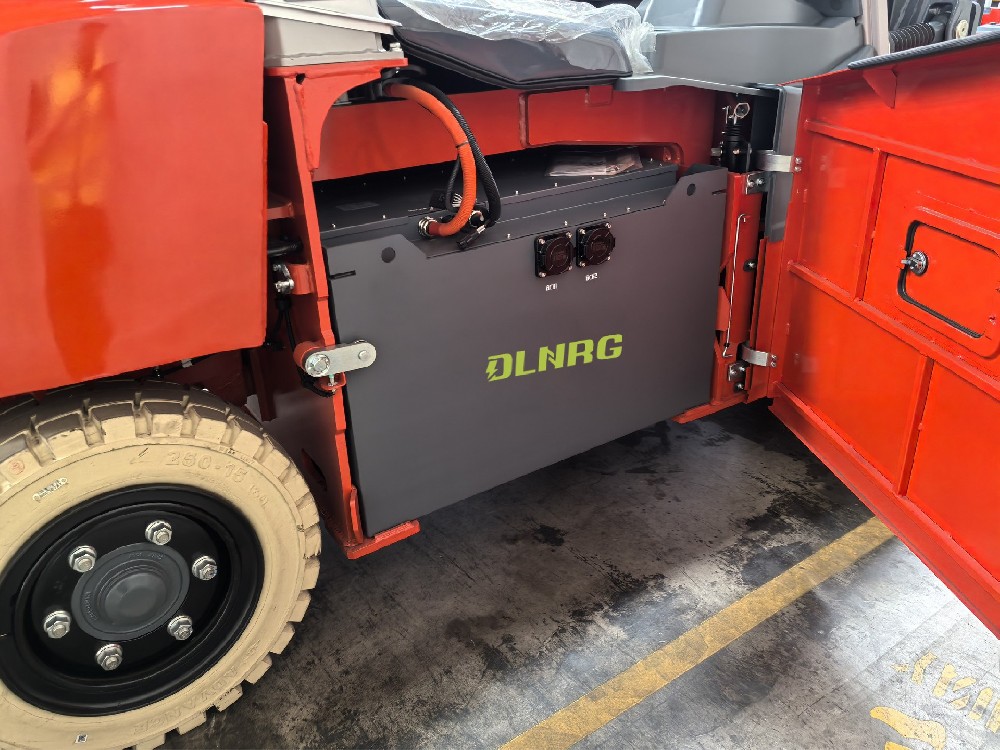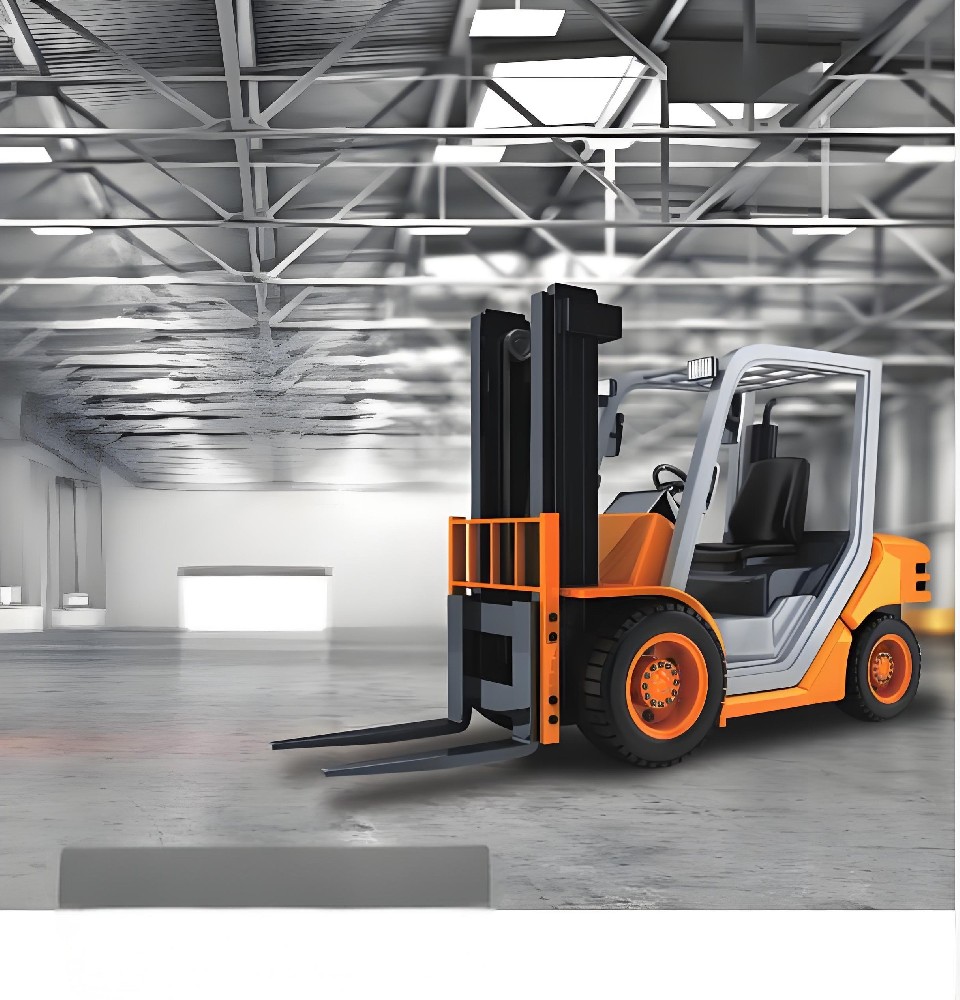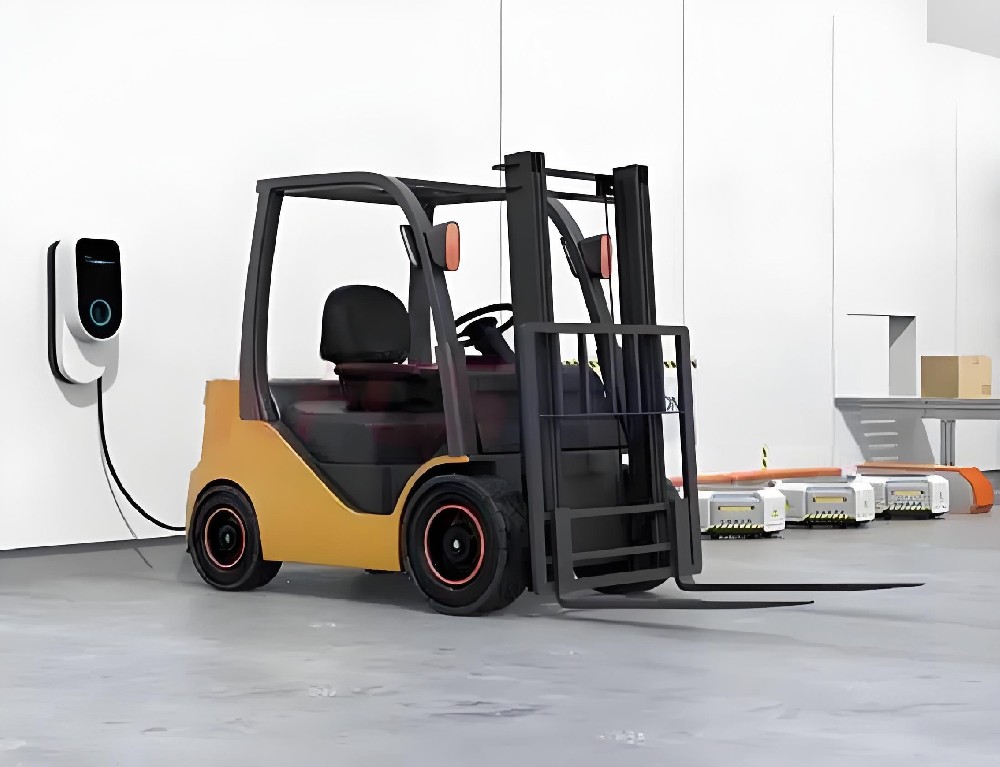The advancement of technology has reshaped countless industries across the globe. One significant area seeing considerable changes is the energy sector, particularly with battery technology. Among the various battery options available, lithium batteries have emerged as an energizing force for heavy machinery like forklifts.
The shift from conventional lead-acid batteries to lithium batteries in forklift operations can yield numerous advantages for businesses. This article explores the many benefits that lithium batteries offer.
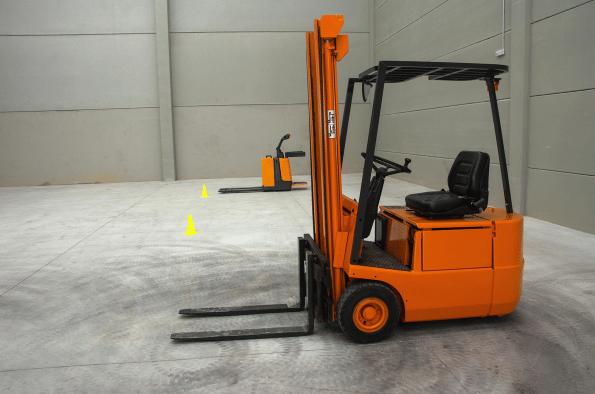
Longer Lifespan
Forklift lithium batteries have a far longer operational lifespan compared to conventional lead-acid batteries. While the latter may last for about 1,500 cycles, lithium batteries often exceed 2,000 cycles. This increased longevity translates to fewer replacements and ultimately, cost savings in the long term.
Rapid and Efficient Charging
Lithium batteries surpass traditional batteries when it comes to charging times. They can rapidly regain charge, reducing downtime during operations. Additionally, lithium batteries do not require a complete discharge before recharging. This feature counteracts the “memory effect” frequently associated with other battery types, subsequently promoting efficient, opportunity charging.
Low Maintenance
Lithium batteries have virtually no maintenance cost associated with their use. Unlike their lead-acid counterparts, they do not require water levels to be checked and maintained. This minimal requirement reduces the time, effort, and cost that the employees have to devote to battery maintenance, freeing them from other tasks.
Higher Energy and Power Density
Lithium batteries exhibit higher energy and power density, meaning they can store more energy per unit of volume. This attribute makes them more efficient in space utilization, a precious resource in most warehouses.
Safe and Environmentally Friendly
Given that lithium batteries don’t contain corrosive or noxious elements like lead or acid, they are safer to handle. Also, they don’t emit harmful gases during charging, presenting a healthier work environment for employees. Moreover, their environmental impact is lower than that of traditional batteries due to their higher energy efficiency, longer lifespan, and recyclability.
Advanced Features
Forklifts equipped with lithium batteries often come with state-of-the-art Battery Management Systems (BMS). These systems preserve the battery’s reliability and safety by protecting it against overcharging, overcharging, overheating, and short circuits. BMS also collects and reports detailed battery-related data, aiding in effective management.
Conclusion
While forklift lithium batteries may require a substantial initial capital outlay, their numerous advantages make them a worthy investment for businesses aiming for long-term efficiency and sustainability. With their longer lifespan, rapid charging, low maintenance, higher power density, safety, and advanced features, lithium batteries signify progressiveness and adaptability in today’s fast-paced industrial world.
